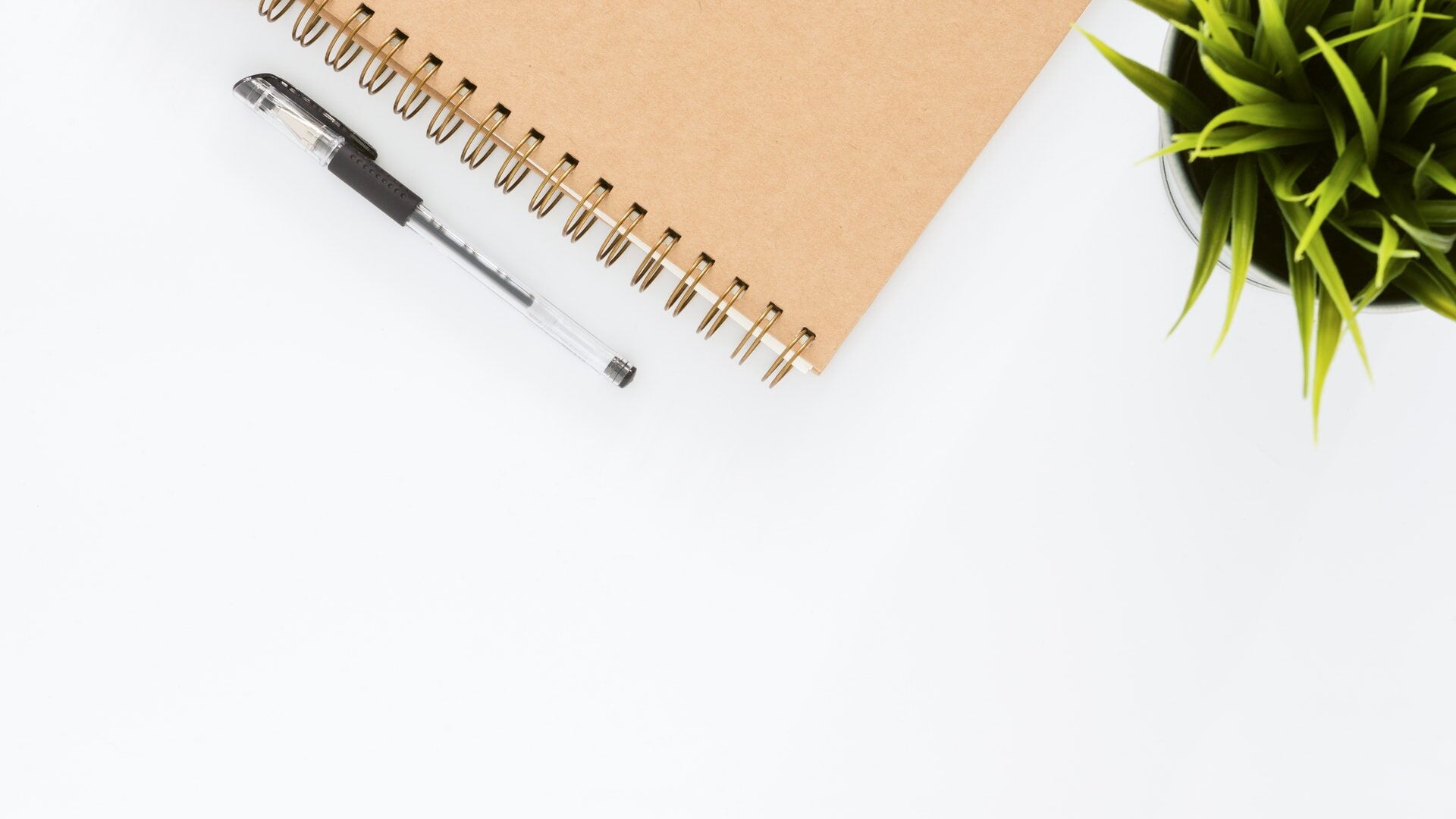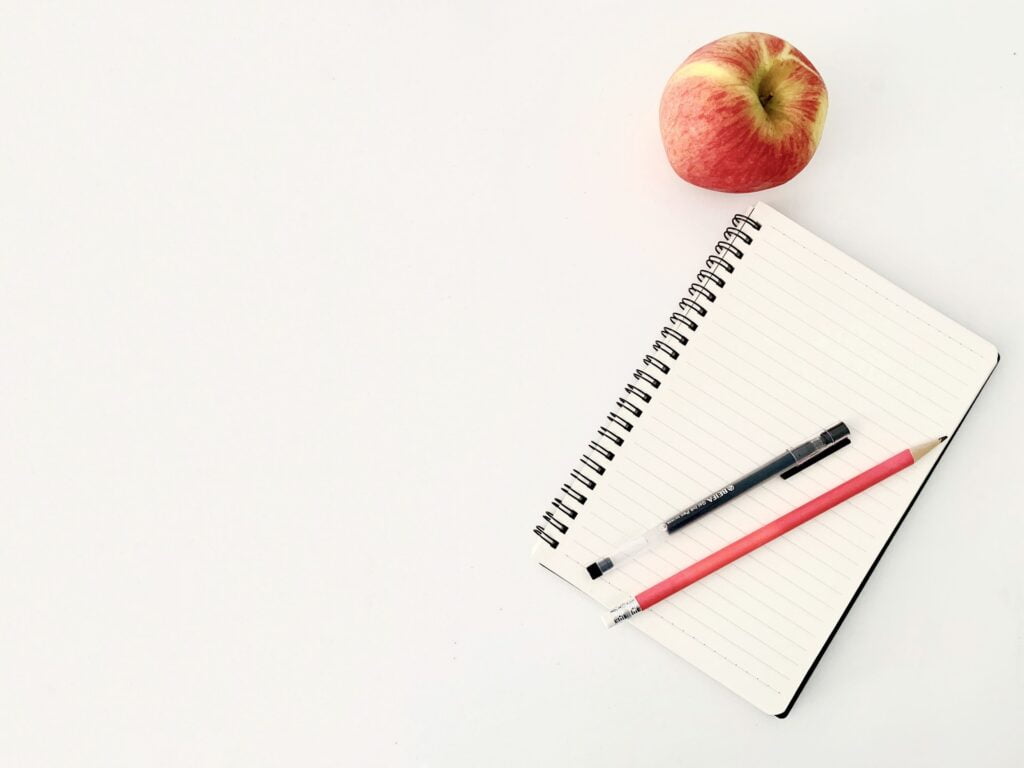In my first year, I remember everyone saying that physiology is the hardest subject.
I would drop my jaw, because, hey doesn’t that mean anatomy is easier?
They would tell me, no, other subjects too have their own difficulty levels, but physiology is difficult because there are a lot of concepts involved!
Right.
Concepts.
In first-year MBBS, learning physiology is something a lot of medical students struggle with.
I would rather say, the subjects which involve concepts are easy to study. The only thing is, you have to change your approach.
So, my friend, in this post, I am going to share some tried and tested tips for learning medical physiology for MBBS students, along with some resources that might help you master the subject.
Read along!
What is medical physiology?
It’s very simple- it is the study of the normal functioning of various organs and organ systems in our body, to start with.
This is the foundation for medicine in the coming years.
We learn not only the functions of individual systems but also the interactions between them.
The importance of physiology is that, we have to know the normal in order to understand the abnormal. So learning physiology will pave the foundation to pathology, medicine, and a whole lot of other subjects in the MBBS curriculum.
These are the most discussed topics in every physiology textbook:
- General physiology
- Blood and its components
- Nerve muscle physiology
- Cardiovascular system
- Respiratory system
- Renal system
- Gastrointestinal system
- Reproductive system
- Central nervous system
- Endocrine system
- Geriatric and infant physiology
- Miscellaneous topics like yoga
If you can study the concepts and make connections between them, then it’s a total win because that’s all you need to be the topper in physiology!
In case you are wondering which textbooks you might want to refer go over to this post where I talk about all the subjects and textbooks for the first-year MBBS.
How to study physiology in MBBS: best tips for first-year students

1. Attending lectures
The first and foremost thing you should do- never skip any lectures!
They are the only connecting links between you and the subject.
I recommend attending lectures on every subject. Even if the classes are boring, you will at least pick up some terms or ideas just by hearing alone. It is going to help you in the long run.
Also, never forget to take lecture notes. It’s for the same effect above, you will definitely get some idea about the topic and things will be a lot easier for the exam season.
If you need any help regarding taking notes, I have a post on how to take notes for first year mbbs subjects, where I describe various notetaking strategies for the various subjects.
2. Reading the textbooks
You can read about all the recommended textbooks for physiology here and select what works for you.
The way you read your textbooks also affect your performance.
Are you that student, whose goal is to read the textbook from front to back the night before the exam?
I know I am- almost every girl student out there does it. (it’s exclusive for XX chromosomes I guess 😅)
When you read the text, first note down all the heading and subheadings. It will help you get an outline of the subject. Do this for every subject, and you will start to see a drastic change in your comprehensive skills.
These headings are the skeleton of the topic you are going to read.
You can develop the concept through them.
3. Making notes

This part is very helpful because it saves you during revision times. Notetaking is also an effective method to retain more information.
Make sure you take down as points, instead of long boring paragraphs, because, who has that much time or patience?
For your exams too, write these points down as flowcharts, and if you can add a relevant diagram, it will be impressive.
It will also be helpful to the person who is evaluating your answer sheets, which will grant you better marks!
4. Mind mapping to study physiology
It is a very helpful approach to study physiology in MBBS, since everything is connected.
If you know the different types of hormones and their corresponding receptors, it will be easy for you to understand why only certain stimuli can evoke a response in our body, or how acid is secreted in the stomach, or how the brain controls the body functions and much more.
Because all of it is connected.
If you try to make that connection out, then you won’t have to study anything by heart ever again.
A more effective method I think is using post-it notes to write down important points and stick them onto the wall, or your notes, or the textbook.
The sticky notes having a common concept or any kind of relations can be grouped together.
For instance, let’s take albumin. It can be linked to hypoalbuminemia, which can be linked to edema.
You can also add it to the renal system, as glomerulonephritis can cause loss of albumin and thus lead to hypoalbuminemia. Impaired liver function leads to the same because the synthesis of albumin is deficient.
(am I overwhelming you? 🤔)
I would group these sticky notes together so that every time I read one of them, I will read the others too and a whole bunch of topics will be clear.
And concrete in my mind.
5. Multiple Revisions
Things would stick around better if you can revise them often.
You can use flashcards to memorize difficult concepts.
They will be very handy and accessible from anywhere, anytime.
You can use platforms like Anki for flashcards. You can test yourself a lot often and can assess your progress with Anki.
Another effective way to study physiology is to teach it to a friend. It will help both of you, that’s sure!
6. Making use of Resources
It’s always wise to use all the resources that you have instead of giving up, however small they are.
Always, try to clear your doubts as soon as possible. Never put it off.
Ask your teachers or friends, refer books in the library, or watch videos from youtube, or just google it randomly. (just make sure it is a reliable source of information!)
Here are some that might help you:
Armando Hasudungan: This is a youtube channel by Armando, where he illustrates the tutorials by drawing. They are very effective in understanding and memorizing things. He has videos on a variety of organ systems and also on biochemistry and pharmacology as well (and a lot more!).
Draw It To Know It: Just like the name suggests- they draw and show things for us to understand! I find their services very helpful. Also, you can choose from a variety of courses and test preps and pay for just what you want!
So that’s it my friend!
These are just some tips that I wish I knew in my first year, and I am sure there are a lot of other great opinions out there too.
I used these tips to study physiology in my first-year MBBS, and trust me when I say this, I have a good foundation on the subject!
These tips might help you not only to study physiology, but also other medical subjects as well.
Happy learning, little doctor!
